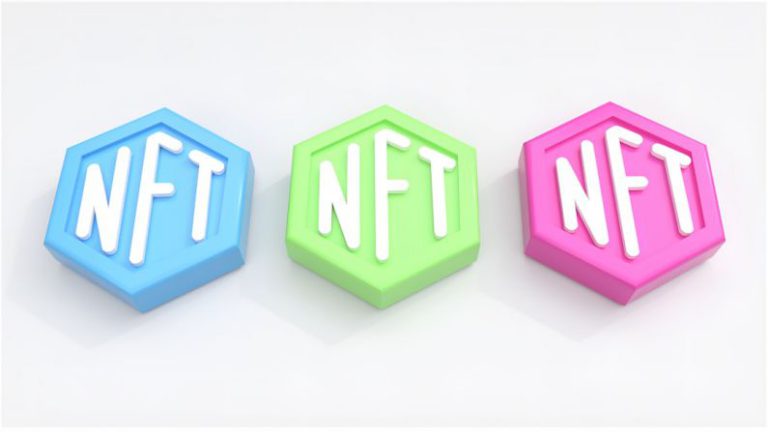Which Coding Languages Should You Learn in the Coming Year?
In the ever-evolving landscape of technology and programming, staying ahead of the curve is crucial for professionals looking to enhance their skills and remain competitive in the job market. With new programming languages emerging and existing ones gaining popularity, deciding which coding languages to learn can be a daunting task. As we look ahead to the coming year, it’s essential to assess the current trends and demands in the industry to determine the coding languages that are worth investing time and effort into mastering.
The tech industry is dynamic, and new trends constantly shape the demand for specific programming languages. To make an informed decision about which coding languages to learn in the coming year, it’s important to consider factors such as job market trends, industry demands, and the potential for growth and innovation. By staying updated on these key aspects, programmers can position themselves for success and open up new opportunities for career advancement.
### Python: The Swiss Army Knife of Programming Languages
Python has been consistently ranked as one of the most popular programming languages in recent years, and its versatility and ease of use make it a valuable skill for developers across a wide range of industries. Known for its readability and clean syntax, Python is an excellent choice for beginners looking to get started in programming. From web development and data science to artificial intelligence and machine learning, Python is widely used in various fields, making it a versatile language that offers plenty of opportunities for growth and specialization.
### JavaScript: Powering the Web
JavaScript remains a cornerstone of web development, with its ability to create interactive and dynamic web pages. As the primary language for front-end development, JavaScript is essential for building modern web applications and ensuring a seamless user experience. With the rise of frameworks like React and Angular, mastering JavaScript is crucial for developers looking to excel in front-end development and create cutting-edge web solutions. Additionally, JavaScript is increasingly being used for server-side development with platforms like Node.js, further expanding its utility and relevance in the tech industry.
### Go: The Language of Scalability and Concurrency
Go, also known as Golang, has gained popularity in recent years for its focus on simplicity, efficiency, and scalability. Developed by Google, Go is designed to handle large-scale systems and concurrent tasks with ease, making it an ideal choice for projects that require high performance and efficiency. With its built-in support for concurrency and extensive standard library, Go is well-suited for building robust and scalable applications, particularly in the realm of cloud computing and distributed systems. As the demand for efficient and scalable solutions continues to grow, mastering Go can open up new opportunities for developers seeking to work on cutting-edge projects.
### Rust: Empowering Systems Programming
Rust is a systems programming language that prioritizes performance, safety, and concurrency. With its focus on memory safety and zero-cost abstractions, Rust is well-suited for building high-performance applications that require low-level control and reliability. As the tech industry continues to push the boundaries of innovation, Rust has emerged as a valuable tool for developers working on projects that demand speed, security, and efficiency. Whether it’s developing operating systems, game engines, or embedded systems, mastering Rust can equip developers with the skills needed to tackle complex and demanding projects with confidence.
### Conclusion: Embracing the Future of Programming
As we look ahead to the coming year, the tech industry shows no signs of slowing down, with new technologies and trends shaping the landscape of programming. By staying informed about the latest developments and demands in the industry, developers can make informed decisions about which coding languages to learn to stay competitive and relevant in the ever-changing world of technology. Whether it’s mastering versatile languages like Python and JavaScript or exploring new frontiers with Go and Rust, the key to success lies in embracing the future of programming and continuously expanding one’s skill set to meet the evolving needs of the industry. By investing in learning new coding languages and staying adaptable to emerging trends, programmers can position themselves for success and unlock a world of opportunities in the dynamic and fast-paced tech industry.






